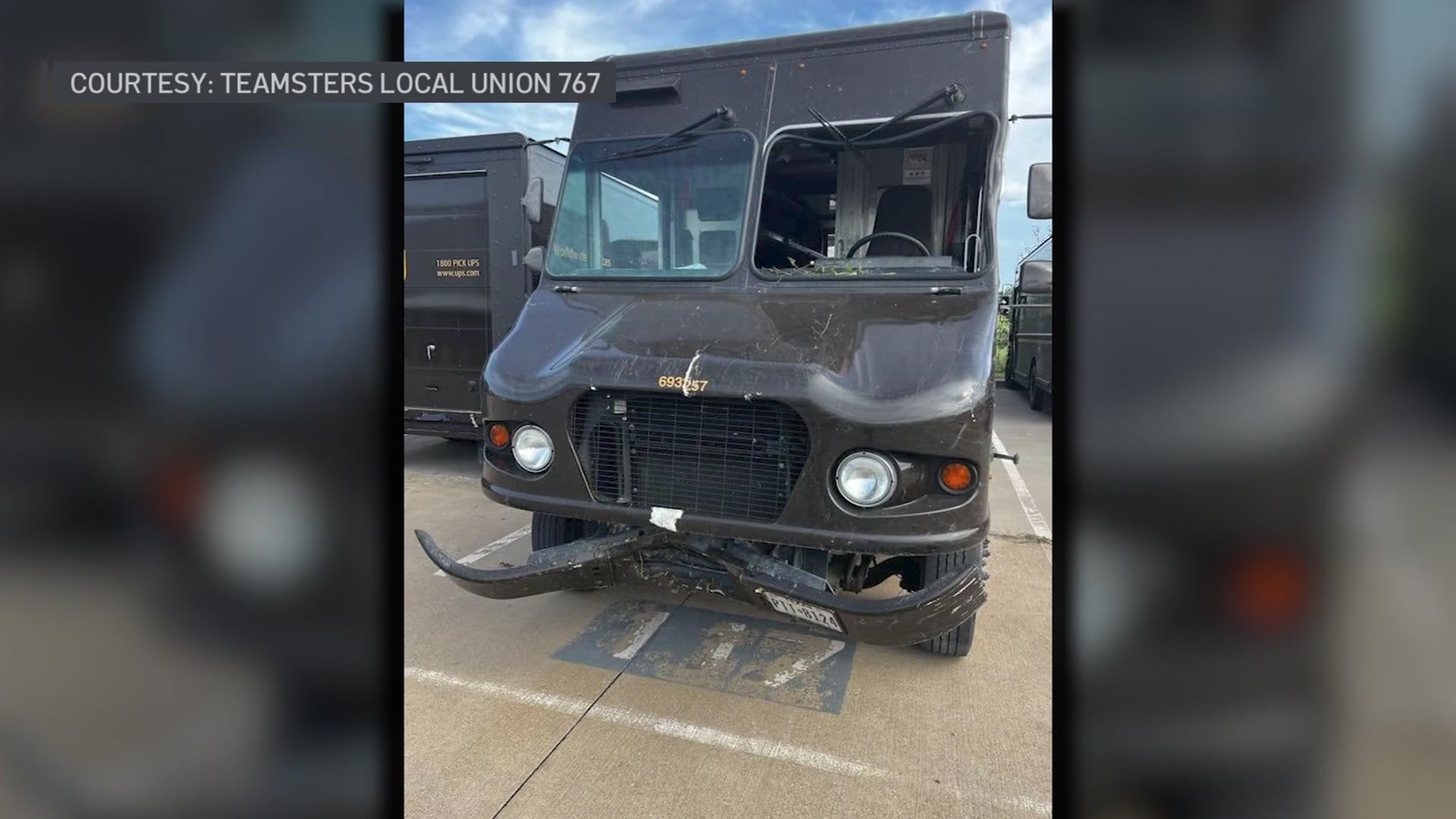First responders have been busy this summer with heat-related calls, which have ramped up significantly over the past several days.
Slightly cooler temperatures are coming, but emergency crews still caution the public to remain vigilant.
Oak Cliff resident Stephanie Murray said outdoor activity is central to her wellness routine. Over the past week, though, her plans have been sidetracked.
“There have been days where it was just way too hot to get outside and walk -- 106, 105, and it’s sweltering,” said Murray.
Get top local stories in DFW delivered to you every morning. Sign up for NBC DFW's News Headlines newsletter.
When she gets to Lake Cliff Park, the goal is a three-mile walk, with safety at the forefront.
Dallas paramedic Andres Esquivel told NBC 5 that heat-related calls come in as environmental emergencies and specific locations make people more susceptible.
“In areas where there’s a lot of development going on, projects, construction, we see more of it there,” said Esquivel. “I would say it happens more than people think, as far as citywide goes.”
He warned that not having an urgent response to heat exhaustion can be costly and potentially lead to heat stroke.
“By the time it reaches to the point that it’s considered a heat stroke it can lethal once it reaches that point. So, the goal is to prevent it from getting to that point,” he said.
In Fort Worth, Medstar anticipated an increase in call volume based on previous years' numbers. Desiree Partain is the transformation manager for Medstar. She said they’ve responded to 240 heat-related calls this month.
“Last August, we ran about 340 calls. The previous August 2022, we ran about 150 heat-related calls. So, I hate to say it, we’re kind of on track this August,” said Partain. “Right now, especially during this week, we’re averaging about 15 to 20 heat-related calls a day.”
Partain said they increase staff during the summer months and work 12-hour shifts, with the bulk of crews on the road between 2 p.m. and 4 p.m.
In Dallas, ice packs, water, and electrolyte packets are on hand to keep the responders safe. As for the public, Esquivel said the standard eight cups of eight ounces of water daily doesn’t consider extreme North Texas conditions.
“When you know you are going to be exposed to those sorts of temperatures, the amount of intake of water drastically increases,” he said. “So, for me to try to prepare the public a little better, it’s hydrating, and hydrating, and hydrating.”
HEAT SAFETY TIPS
With heat like this, you'll want to take precautions and be prepared.
Drink plenty of fluids, stay in an air-conditioned room, stay out of the sun, and check up on relatives and neighbors to ensure they stay cool.
Young children and pets should never be left unattended in vehicles. According to the National Safety Council, if it's 95 degrees outside a car's internal temperature could climb to 129 degrees in 30 minutes. After just 10 minutes, temperatures inside could reach 114 degrees.
A child's body temperature heats up three to five times faster than an adult's, and heatstroke can begin when a person's core body temperature reaches 104 degrees. According to the Texas Department of State Health Services, a core temperature of 107 degrees is lethal.
Take extra precautions if you work or spend time outside. When possible reschedule strenuous activities to early morning or evening. Know the signs and symptoms of heat exhaustion and heatstroke. Wear lightweight and loose-fitting clothing when possible. The Occupational Safety and Health Administration recommends scheduling frequent rest breaks in shaded or air-conditioned environments to reduce risk during outdoor work. Anyone overcome by heat should be moved to a cool and shaded location. Heatstroke is an emergency! Call 911. The CDC has more information on heat-related illnesses.
Take care of your pets by providing fresh, cool water and shade. Also, pets should not be left outside and unattended for too long. It's too hot and they need to be brought inside.




